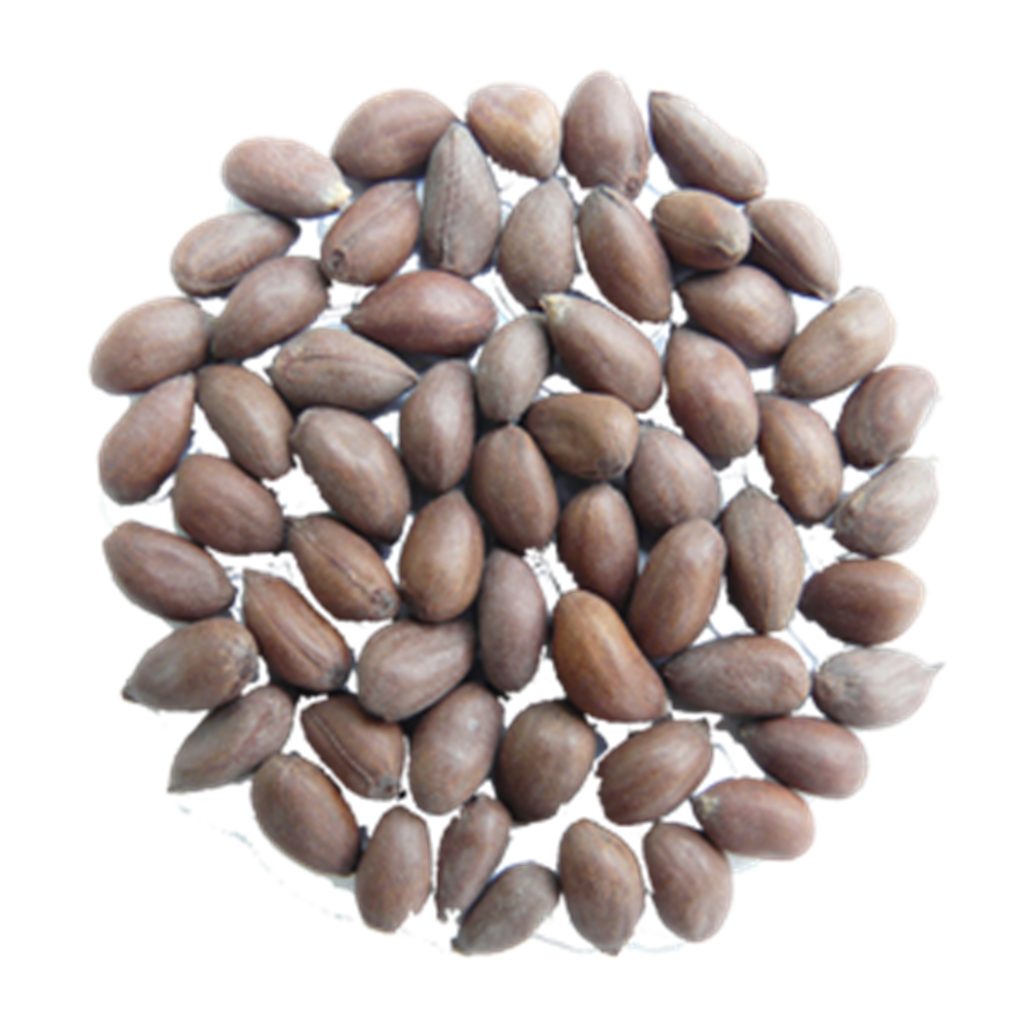Sustainable cultivation of cannabis from seed is not just an ethical choice but also an essential practice that aligns with environmental stewardship and resource conservation. As the cannabis industry expands, adopting eco-friendly techniques becomes crucial in mitigating the ecological impacts associated with its cultivation. One of the foundational elements of sustainable cannabis farming is the use of organic growing practices. By utilizing organic seeds and avoiding synthetic fertilizers and pesticides, cultivators can protect the surrounding ecosystem, improve soil health, and produce cleaner, healthier products. Organic practices often lead to a more robust microbiome in the soil, which supports plant growth and resilience against pests and diseases. Implementing efficient irrigation systems, such as drip irrigation, can significantly reduce water usage while ensuring that plants receive adequate moisture. Rainwater harvesting systems can also be established to collect and utilize natural rainfall, further conserving water resources. In regions prone to drought, this practice not only supports sustainability but also helps in maintaining the health of the plants, ensuring they thrive even under challenging conditions.

Soil health is paramount in sustainable cannabis cultivation. Practicing crop rotation and incorporating cover crops can help prevent soil degradation and nutrient depletion. Cover crops, such as clover or vetch, can fix nitrogen in the soil and enhance its structure, promoting healthier root development. Additionally, using compost or vermicompost as a soil amendment can boost the nutrient content, providing essential minerals without the need for chemical inputs. This regenerative approach not only supports cannabis growth but also fosters biodiversity and ecosystem health. Integrating permaculture principles into cannabis cultivation can further enhance sustainability. By designing the cultivation site to mimic natural ecosystems, growers can create a balanced environment that supports beneficial insects and wildlife. Planting companion crops can deter pests and enhance pollination, reducing the need for chemical interventions. For example, herbs like basil and marigold can be planted alongside cannabis to attract pollinators and repel harmful pests. Such companion planting strategies contribute to a more resilient ecosystem, which can improve the overall health and yield of the cannabis crop.
Energy use is another critical consideration in sustainable best cannabis seeds cultivation. Implementing renewable energy sources, such as solar panels or wind turbines, can reduce the carbon footprint of growing operations. Greenhouses can also be designed with energy efficiency in mind, utilizing natural light and ventilation to minimize reliance on artificial lighting and climate control systems. By prioritizing energy efficiency and renewable resources, cultivators can significantly reduce their environmental impact while also lowering operational costs. Lastly, sustainable cultivation practices must consider the end product’s lifecycle. Adopting sustainable packaging solutions, such as biodegradable or recyclable materials, helps reduce waste and promote responsible consumption. Educating consumers about the importance of eco-friendly practices can foster a culture of sustainability within the cannabis community. By prioritizing eco-conscious decisions at every stage of the cultivation process, from seed to sale, growers can contribute to a more sustainable future for the cannabis industry. In conclusion, sustainable cannabis cultivation from seed involves a multifaceted approach that encompasses organic practices, efficient resource management, soil health, permaculture design, renewable energy use, and responsible packaging.